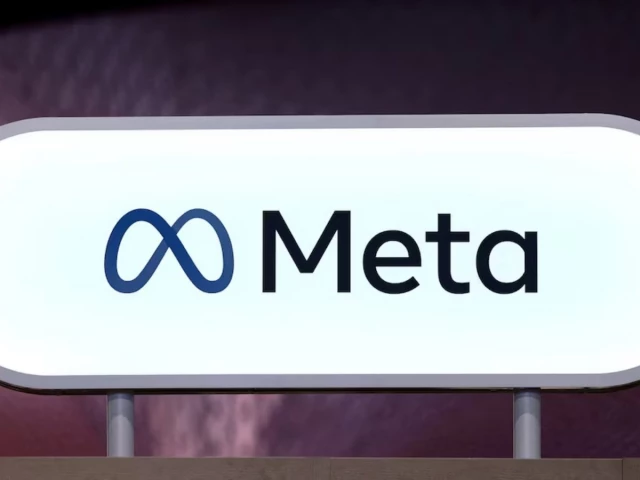Meta’s 2020 study found users who quit Facebook for a week felt less depression, anxiety and loneliness
Meta shut down internal research into the mental health effects of Facebook and Instagram after finding causal evidence that its products harmed users’ mental health, according to unredacted filings in a class action by US school districts against Meta and other social media platforms.
In a 2020 research project code-named “Project Mercury,” Meta scientists worked with survey firm Nielsen to gauge the effect of “deactivating” Facebook and Instagram, according to Meta documents obtained via discovery. To the company’s disappointment, “people who stopped using Facebook for a week reported lower feelings of depression, anxiety, loneliness and social comparison,” internal documents said.
Rather than publishing those findings or pursuing additional research, the filing states, Meta called off further work and internally declared that the negative study findings were tainted by the “existing media narrative” around the company.
Privately, however, staff assured Nick Clegg, Meta’s then-head of global public policy, that the conclusions of the research were valid.
“The Nielsen study does show causal impact on social comparison,” (unhappy face emoji), an unnamed staff researcher allegedly wrote. Another staffer worried that keeping quiet about negative findings would be akin to the tobacco industry “doing research and knowing cigs were bad and then keeping that info to themselves.”
Despite Meta’s own work documenting a causal link between its products and negative mental health effects, the filing alleges, Meta told Congress that it had no ability to quantify whether its products were harmful to teenage girls.
In a statement Saturday, Meta spokesman Andy Stone said the study was stopped because its methodology was flawed and that it worked diligently to improve the safety of its products.
“The full record will show that for over a decade, we have listened to parents, researched issues that matter most, and made real changes to protect teens,” he said.
Plaintiffs allege product risk were hidden
The allegation of Meta burying evidence of social media harms is just one of many in a late Friday filing by Motley Rice, a law firm suing Meta, Google, TikTok and Snapchat on behalf of school districts around the country. Broadly, the plaintiffs argue the companies have intentionally hidden the internally recognized risks of their products from users, parents and teachers.
TikTok, Google and Snapchat did not immediately respond to a request for comment.
Allegations against Meta and its rivals include tacitly encouraging children below the age of 13 to use their platforms, failing to address child sexual abuse content and seeking to expand the use of social media products by teenagers while they were at school. The plaintiffs also allege that the platforms attempted to pay child-focused organizations to defend the safety of their products in public.
In one instance, TikTok sponsored the National PTA and then internally boasted about its ability to influence the child-focused organization. Per the filing, TikTok officials said the PTA would “do whatever we want going forward in the fall… (t)hey’ll announce things publicly(,), (t)heir CEO will do press statements for us.”





